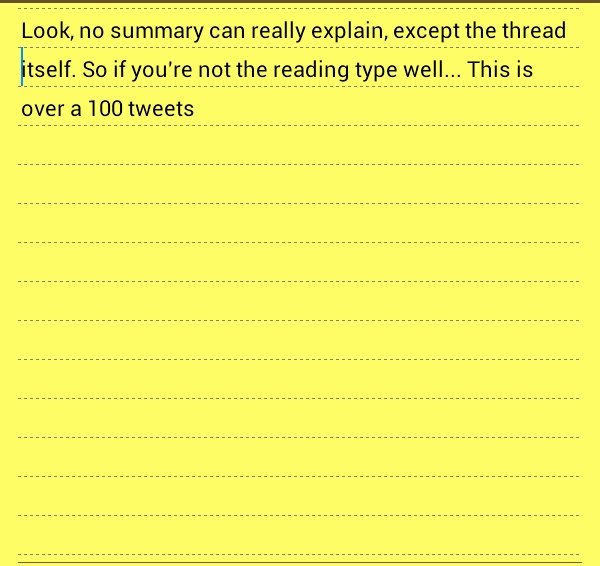λευγαλέοι τ᾿ ἐσόμεσθα καὶ οὐ δεδαηκότες ἀλκήν.
ἦ τ᾿ ἂν ἀμυναίμην, εἴ μοι δύναμίς γε παρείη.
We ourselves?
We're hardly the ones to fight them off. All we'd do
is parade our wretched weakness. A boy inept in battle.
Oh I'd swing to attack if I had the power in me.
We can't defend ourselves. If it came to a fight
we would only show how pathetic we are.
Not that I wouldn't defend myself
if I had the power.
I cannot fight against them;
I would be useless. I have had no training.
But if I had the power, I would do it!
"Telemachus-as-misogynist" interpretation is @wmarybeard, "Women and Power".
The analysis of my "disjointed" version of the Telemachus speech was from @johnbyronkuhner










